Intro
Discover 7 effective whooping cough treatments, including natural remedies and home care, to alleviate symptoms and prevent complications, using pertussis-fighting medications and therapies.
Whooping cough, also known as pertussis, is a highly contagious respiratory illness that can affect people of all ages. The disease is characterized by a persistent cough, which can lead to vomiting, exhaustion, and even pneumonia. With the rise of whooping cough cases worldwide, it's essential to understand the various treatment options available. In this article, we'll delve into the world of whooping cough treatments, exploring the most effective methods to alleviate symptoms, prevent complications, and promote recovery.
The importance of treating whooping cough cannot be overstated. If left untreated, the disease can lead to serious health complications, particularly in infants and young children. In fact, according to the Centers for Disease Control and Prevention (CDC), whooping cough is most severe in babies under 6 months old, with the majority of deaths occurring in this age group. Therefore, it's crucial to seek medical attention immediately if you suspect you or your child has contracted the disease.
Whooping cough treatment typically involves a combination of medication, rest, and hydration. While antibiotics are often prescribed to treat the bacterial infection, they're most effective when taken in the early stages of the disease. In addition to medication, there are several home remedies and lifestyle changes that can help alleviate symptoms and support the recovery process. From over-the-counter cough medicines to natural remedies like honey and lemon, we'll explore the various treatment options available for whooping cough.
Understanding Whooping Cough
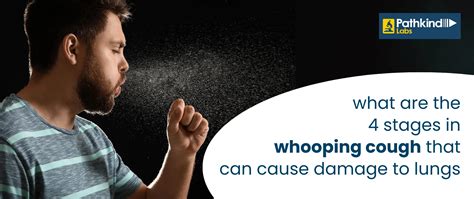
Antibiotic Treatments
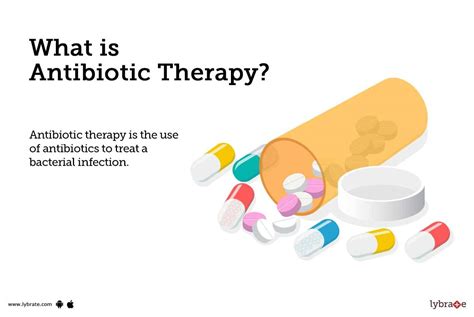
Types of Antibiotics
There are several types of antibiotics used to treat whooping cough, each with its own advantages and disadvantages. Azithromycin, for example, is often prescribed for its convenience and efficacy, as it can be taken as a single dose or over a 5-day period. Clarithromycin, on the other hand, is typically taken over a 7-day period and is often prescribed for patients with underlying health conditions. Erythromycin is another commonly used antibiotic, although it may cause gastrointestinal side effects in some patients.Home Remedies and Lifestyle Changes

Natural Remedies
Natural remedies can play a significant role in alleviating whooping cough symptoms. Honey, for example, has antibacterial and anti-inflammatory properties that can help soothe a sore throat and reduce coughing. Lemon, on the other hand, can help loosen mucus and reduce congestion. Other natural remedies like ginger, garlic, and eucalyptus oil may also help alleviate symptoms, although their effectiveness has not been extensively scientifically proven.Vaccination and Prevention
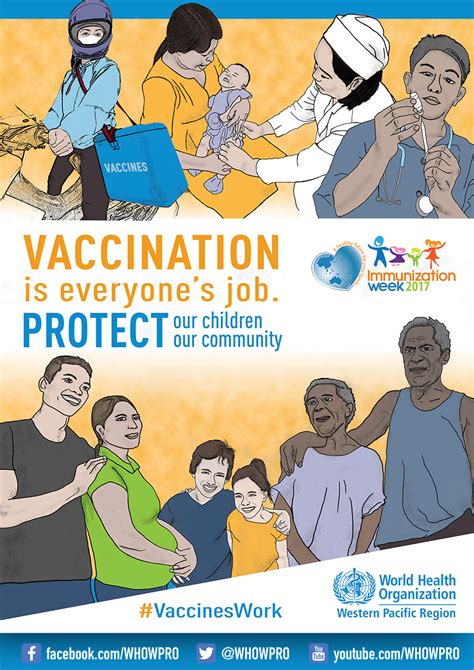
Vaccine Effectiveness
The effectiveness of pertussis vaccines has been extensively studied, with research showing that vaccination can reduce the risk of whooping cough by up to 90%. However, the effectiveness of the vaccine can wane over time, which is why booster shots are essential for maintaining immunity. Furthermore, vaccination not only protects the individual but also helps prevent the spread of the disease to others, particularly vulnerable populations like infants and young children.Complications and Risks
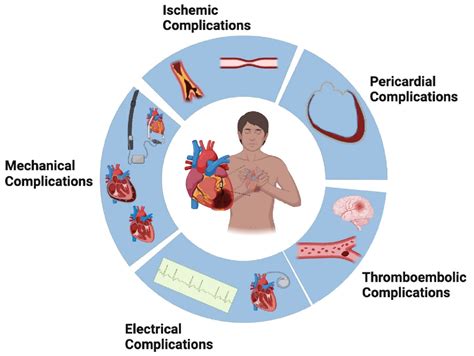
Risk Factors
Certain individuals are at higher risk of developing complications from whooping cough. Infants under 6 months old, for example, are at the highest risk of complications, as their immune systems are still developing. Young children, particularly those under 5 years old, are also at risk, as they may not have completed their vaccination series. Adults with underlying health conditions, such as asthma or chronic obstructive pulmonary disease (COPD), are also at higher risk of complications.Conclusion and Future Directions
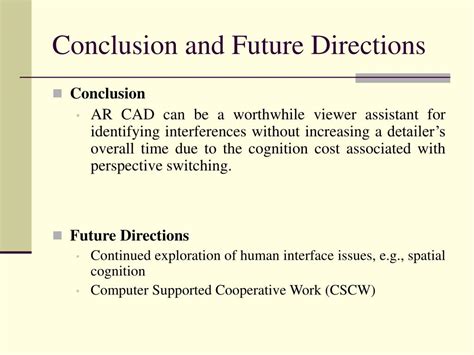
We invite you to share your thoughts and experiences with whooping cough in the comments below. Have you or a loved one been affected by the disease? What treatment options did you find most effective? By sharing your story, you can help raise awareness and support others who may be struggling with whooping cough.
What are the most common symptoms of whooping cough?
+The most common symptoms of whooping cough include a persistent cough, vomiting, fever, and exhaustion. In severe cases, the disease can lead to pneumonia, seizures, and even death.
How is whooping cough treated?
+Whooping cough is typically treated with antibiotics, such as azithromycin, clarithromycin, and erythromycin. Home remedies and lifestyle changes, such as getting plenty of rest, staying hydrated, and avoiding irritants, can also help alleviate symptoms and support the recovery process.
Can whooping cough be prevented?
+Yes, whooping cough can be prevented through vaccination. The CDC recommends that children receive a series of pertussis-containing vaccines, starting at 2 months old and continuing through adolescence. Adults should also receive a booster shot every 10 years to maintain immunity.
What are the complications of whooping cough?
+Whooping cough can lead to several complications, particularly in infants and young children. Pneumonia, encephalopathy, seizures, and malnutrition are common complications of the disease. Adults can also experience complications, such as pneumonia, bronchitis, and sinusitis.
How can I protect myself and my loved ones from whooping cough?
+To protect yourself and your loved ones from whooping cough, make sure to get vaccinated, practice good hygiene, such as washing your hands frequently, and avoid close contact with infected individuals. If you suspect you or a loved one has contracted the disease, seek medical attention immediately.
